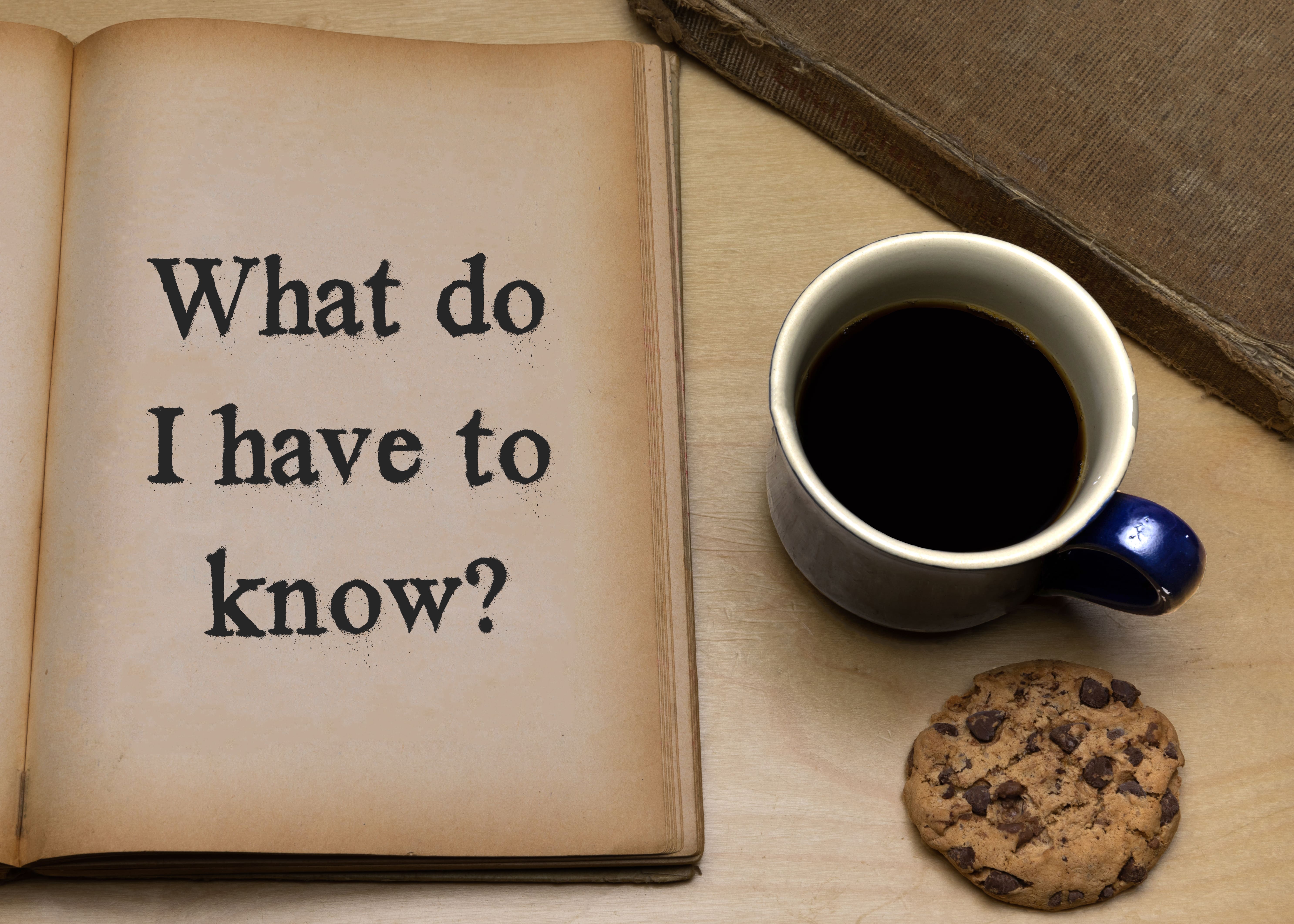10 Questions Every First-Time Homebuyer in Dubai Needs to Ask
You’ve probably heard it a million times: buying your first home is one of the biggest decisions you’ll ever make. And while that might sound exciting, it also comes with a whole bunch of questions.
From “How much should I put down?” to “What’s the best time to buy?” to the endless mortgage options that seem to multiply overnight, it’s easy to feel like you’re trying to untangle a web of confusion.
We’ve gathered the top 10 most frequently asked questions about buying your first home in Dubai, covering everything from down payments to those sneaky hidden costs that can catch you off guard.
By the time you’re done here, you’ll feel more like a real estate expert than a newbie. Let’s get into it!

Table of Contents
ToggleHow Much Do I Need for a Down Payment?
For most people, the down payment is the biggest hurdle when buying a home. In Dubai, the minimum down payment for expats is generally 20% of the property price, and for UAE nationals, it’s about 15%.
But here’s the thing: bigger is better when it comes to down payments. A larger down payment can save you a ton in interest and lower your monthly payments. It’s also a good way to avoid hefty fees like mortgage insurance.
Try to aim for a 25% down payment if you can swing it.
What’s the Difference Between Pre-Approval and Pre-Qualification?
In simple terms, pre-qualification is like window shopping, while pre-approval is the moment when you whip out the credit card. Pre-qualification gives you a rough idea of how much a bank might lend you based on your finances.
Pre-approval, on the other hand, is more serious—it’s when the lender digs deep into your financial situation and gives you an actual number (subject to final approval, of course).
Pre-approval is your golden ticket to making serious offers on properties because it shows sellers you mean business. So, if you’re ready to house hunt, get pre-approved, not just pre-qualified.
What’s the Best Type of Mortgage for First-Time Buyers?
Mortgages can feel like a menu at a fancy restaurant—lots of options, but which one’s right for you? The two main types of mortgages you’ll encounter are fixed-rate mortgages and variable-rate mortgages.
- Fixed-rate mortgages keep the same interest rate over the life of the loan, which means your monthly payments stay the same. This is great for peace of mind.
- Variable-rate mortgages (also called adjustable-rate mortgages) start with a lower interest rate but can fluctuate with market conditions, meaning your payments might go up or down.
For first-time buyers, fixed-rate mortgages are usually a safer bet. You don’t want any surprises when it comes to your biggest monthly expense!
What Other Costs Should I Expect When Buying a Home?
If you think the down payment was the only cost—surprise! There are plenty of hidden expenses that can sneak up on you if you’re not prepared. Some of the big ones include:
- Property registration fees (around 4% of the property value in Dubai).
- Real estate agent commission (usually 2% of the purchase price).
- Mortgage registration fees, valuation fees, and notary fees.
- Maintenance fees, can vary depending on the property (especially for apartments).
Make sure you’ve budgeted for these extras, so you’re not caught off guard when the bills start rolling in.
Can I Buy a Home in Dubai as an Expat?
Yes, you can! Dubai’s property market is open to foreign buyers, but there are a few rules. Expats can purchase property in specific areas, known as freehold zones, like Downtown Dubai, Palm Jumeirah, and Dubai Marina.
If you’re looking outside of these areas, the laws may vary, so it’s worth checking the specific regulations.
You don’t need to be a resident to buy property in Dubai but having a UAE residency visa can help with securing a mortgage.
Should I Hire a Real Estate Agent?
The short answer? Yes. Sure, the internet is a wonderful place, and you might be tempted to go at it alone, but a good real estate agent is worth their commission (usually 2% of the purchase price).
They know the market inside and out, can negotiate deals, and most importantly, can guide you through the often-confusing paperwork.

How Much Should I Borrow?
Just because the bank says you can borrow a certain amount doesn’t mean you should. The general rule of thumb is to keep your housing expenses (mortgage, maintenance, utilities) at or below 30% of your income.
Stretching yourself too thin can lead to financial stress, and let’s be real—no one wants to be house-rich and cash-poor.
Calculate your monthly expenses carefully and make sure you leave room for life’s other joys (like vacations).
What Should I Look for During a Home Inspection?
A home inspection is like a first date—you want to look good, but you’re also keeping an eye out for any red flags. When your dream home is being inspected, pay close attention to things like:
- Roof condition
- Plumbing issues
- Electrical systems
- Foundation problems
- Pest damage
While minor issues like chipped paint or squeaky doors can be fixed, larger problems might be deal-breakers. Make sure your inspector is thorough and don’t hesitate to ask questions. You want to know exactly what you’re getting into before signing on the dotted line.
Is It Better to Buy or Rent in Dubai?
This one depends on your long-term plans. If you’re planning to stick around for at least 5 years, buying can be a smart move. The Dubai property market has been stable, and with mortgage rates currently low, owning a home could be more cost-effective than renting in the long run.
However, if you’re unsure about staying, renting might give you the flexibility you need. It’s all about what works best for your lifestyle and financial situation.
When is the Best Time to Buy a Home in Dubai?
The Dubai property market doesn’t follow the same seasonality as some other places. That said, certain times of the year can offer better deals.
For example, the summer months tend to be quieter, as many expats leave the city for holidays, so sellers may be more willing to negotiate.
Ultimately, the best time to buy is when you’re financially ready. If you’ve got your down payment saved up, your mortgage pre-approval in hand, and you’ve done your homework—don’t wait around for the perfect time. The best time is when it makes sense for you.
And that’s a wrap on your first-time homebuyer FAQ session! You’re now familiar with knowledge that can help make the home-buying process a whole lot easier.
Take your time, do your research, and most importantly, enjoy the experience! Every show is a chance to visualize your future and dream big. Before you know it, you’ll be pulling up to your new front door, excited to start a new chapter.
So, get out there and have fun with it—you’ve got this!